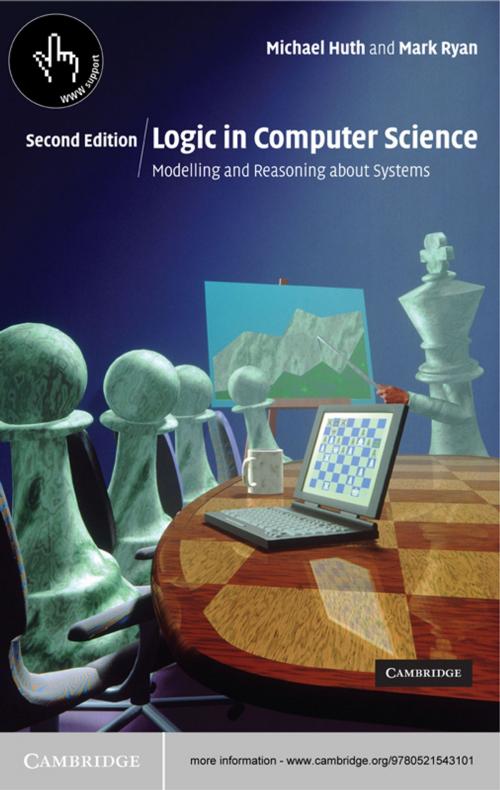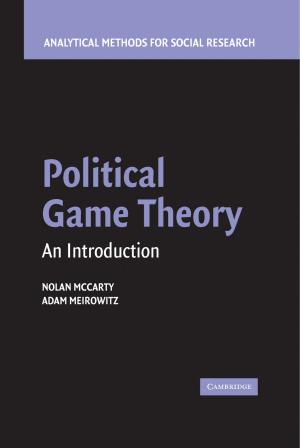Logic in Computer Science
Modelling and Reasoning about Systems
Nonfiction, Science & Nature, Mathematics, Discrete Mathematics, Computers, Programming, Programming Languages, General Computing| Author: | Michael Huth, Mark Ryan | ISBN: | 9781139636131 |
| Publisher: | Cambridge University Press | Publication: | August 26, 2004 |
| Imprint: | Cambridge University Press | Language: | English |
| Author: | Michael Huth, Mark Ryan |
| ISBN: | 9781139636131 |
| Publisher: | Cambridge University Press |
| Publication: | August 26, 2004 |
| Imprint: | Cambridge University Press |
| Language: | English |
Recent years have seen the development of powerful tools for verifying hardware and software systems, as companies worldwide realise the need for improved means of validating their products. There is increasing demand for training in basic methods in formal reasoning so that students can gain proficiency in logic-based verification methods. The second edition of this successful textbook addresses both those requirements, by continuing to provide a clear introduction to formal reasoning which is both relevant to the needs of modern computer science and rigorous enough for practical application. Improvements to the first edition have been made throughout, with extra and expanded sections on SAT solvers, existential/universal second-order logic, micro-models, programming by contract and total correctness. The coverage of model-checking has been substantially updated. Further exercises have been added. Internet support for the book includes worked solutions for all exercises for teachers, and model solutions to some exercises for students.
Recent years have seen the development of powerful tools for verifying hardware and software systems, as companies worldwide realise the need for improved means of validating their products. There is increasing demand for training in basic methods in formal reasoning so that students can gain proficiency in logic-based verification methods. The second edition of this successful textbook addresses both those requirements, by continuing to provide a clear introduction to formal reasoning which is both relevant to the needs of modern computer science and rigorous enough for practical application. Improvements to the first edition have been made throughout, with extra and expanded sections on SAT solvers, existential/universal second-order logic, micro-models, programming by contract and total correctness. The coverage of model-checking has been substantially updated. Further exercises have been added. Internet support for the book includes worked solutions for all exercises for teachers, and model solutions to some exercises for students.















